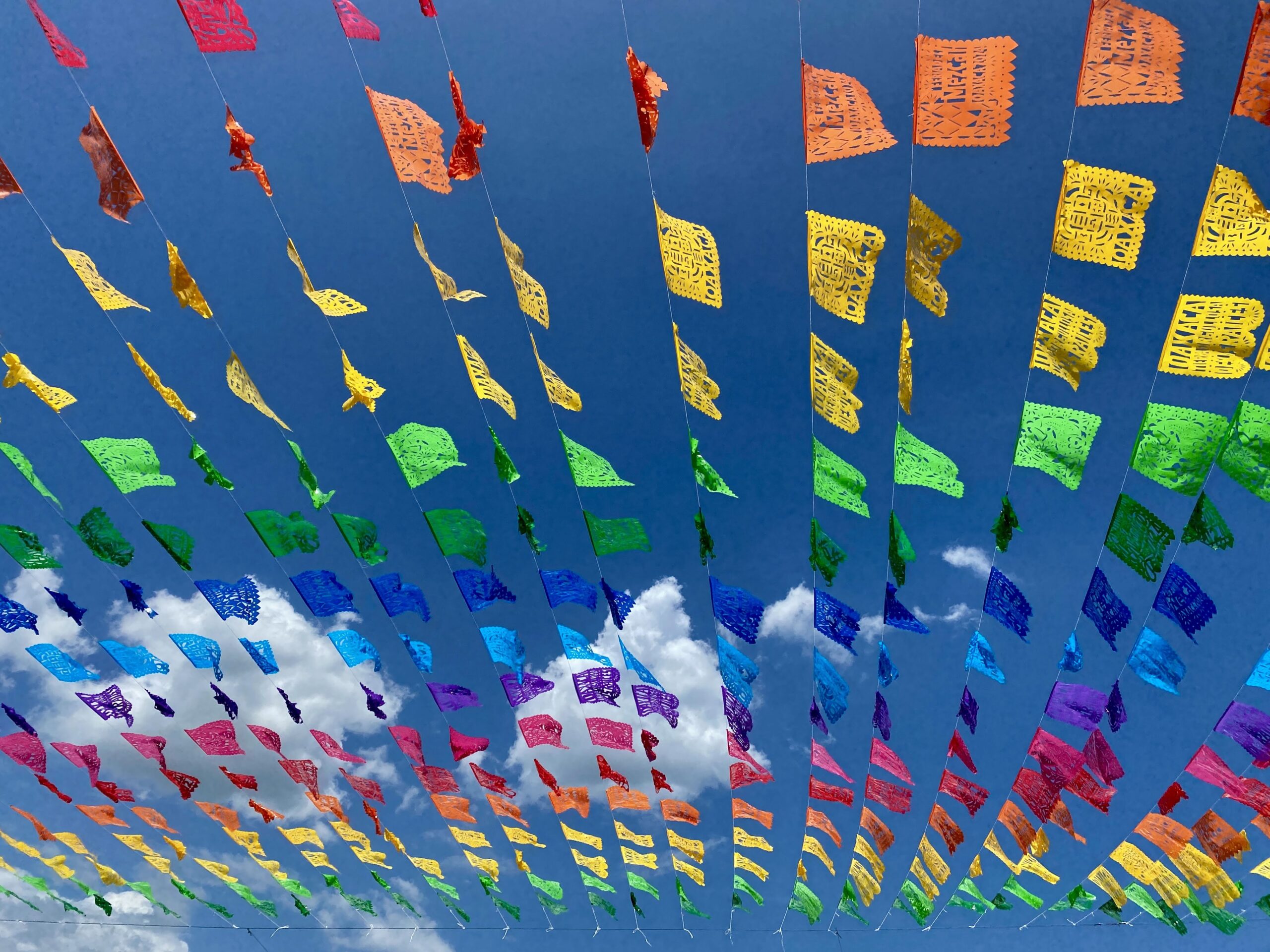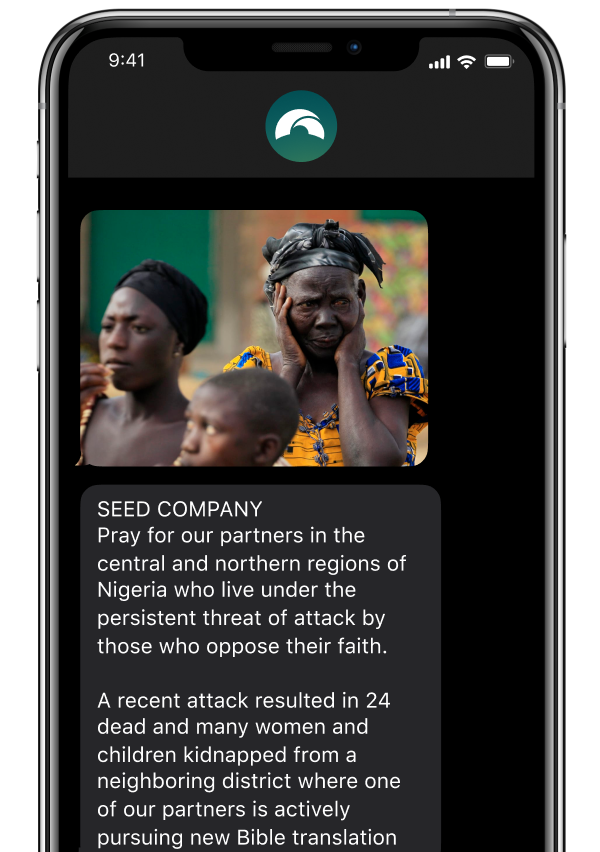In the Mexican state of Oaxaca [WAH – HAH’ – KAH], roughly half the population is indigenous. For many, Spanish is not their first language.
Groups like Bible Society of Mexico, SIL, and Seed Company are working to make sure all the indigenous people of Mexico have access to Scripture in the language they speak every day. For many of them, Spanish is the language of trade and formality; it is not a language they can easily pray or read Scripture in and still feel like they are truly connecting with God. Some hardly understand it at all. Having access to Scripture only in Spanish makes them feel like second-class citizens.
But there are no second-class citizens in the kingdom of God.
Let’s zoom in on this unique, vibrant Mexican state and meet some of the Bible translators on the front lines. We’ll get to know people working in two of the most widely spoken indigenous language groups in Oaxaca: Zapotec and Mixe [MEE’ – HAY].
Liliana, a Zapotec Storyteller
Most afternoons, Liliana and other Bible translators go door to door in areas where their variety of Zapotec is spoken, seeing who will invite them in. Many of the people they share with are sick or elderly, so they are particularly moved by the story of the healing at the pool of Bethesda.
As for Liliana?
What moves her most is still the story of the crucifixion. Hearing it in her heart language never gets old for her.
There are existing Scriptures in other varieties of Zapotec, but those are not the same as Liliana’s heart language. In fact, Mexico has more than 50 varieties of Zapotec—but even though these languages share the same name, they have even less mutual intelligibility than Spanish and Portuguese. Each one needs their own Bible translation. To say otherwise would be like saying that Spanish speakers don’t need their own Bible because they can just read the Bible in Portuguese!
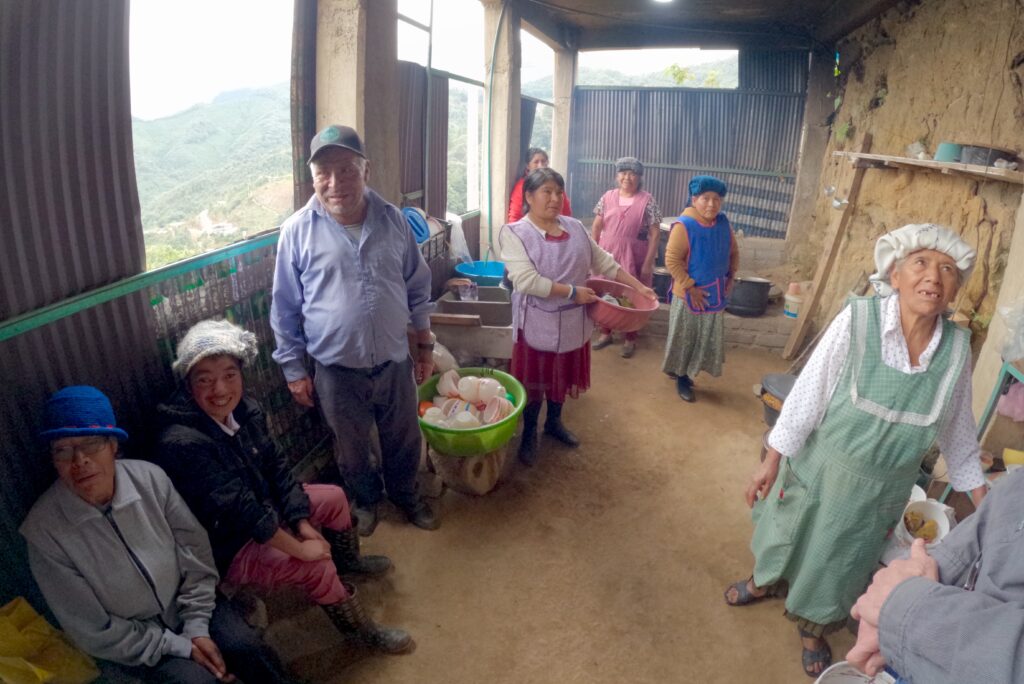
Antonio, a Mixe Pastor
In a remote village called Santa Maria Yacochi, you’ll find a beautiful blue church perched on the side of a mountain. This is the church where Pastor Antonio not only shepherds his flock but works with a team of fellow believers to translate oral Bible stories into their special variety of Mixe.
The whole village gathers for a meal of black bean tamales, fresh chicken soup, and cafe de olla while Pastor Antonio, along with two other storytellers named Esmeralda and Esther, share Bible stories from Exodus.
Pastor Antonio has a special love for the book of Exodus because he identifies with the Israelites being freed from lives of hardship and toil. When he was young, he was tasked with taking goods from his town to sell. This meant 3 days of walking through the mountains, with only 10 tortillas as food for the journey.
Today, he rejoices in the good land that God has brought him to. No longer does he have to make treacherous journeys through the mountains with hardly any food; God has provided a beautiful church building, and meat to eat every day, right in his own village.
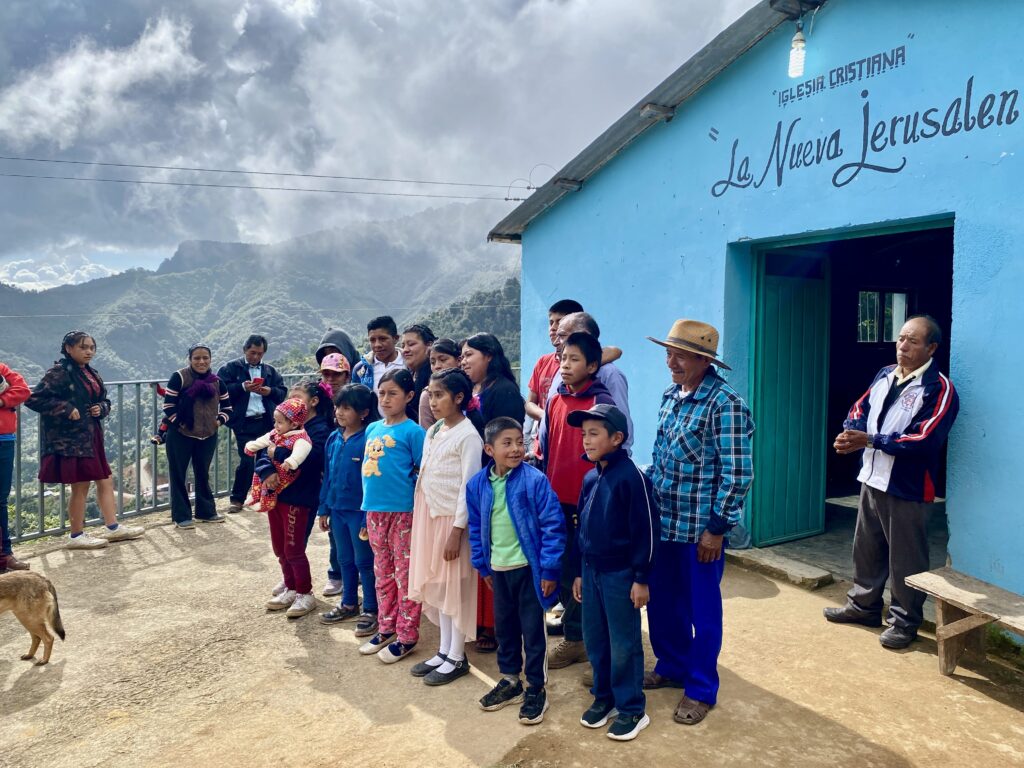
Pray for the Zapotec & Mixe Communities
One local believer shares that two spiritual obstacles in the Zapotec and Mixe communities are idolatry and witchcraft. Many people still go to the local brujo (which roughly translates to “witch doctor”) instead of or even right after going to the pastor for prayer.
This local sister is praying that as oral Bible stories in these languages settle deep in the hearts of Zapotec and Mixe people, they will remember the miracles in Exodus and the Gospels and know that the God of the Bible alone is the only true Healer, Deliverer, and Savior—just like Liliana and Pastor Antonio have discovered.
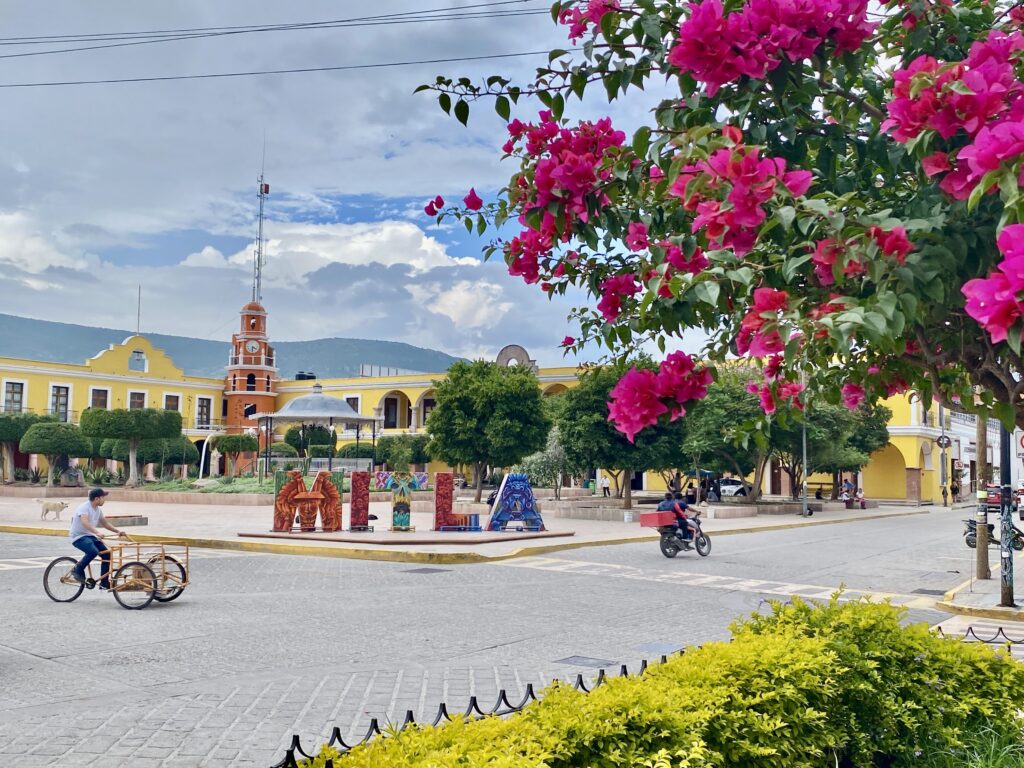
Ever wondered what it’s like to be a Bible translator?
Explore A Day in the Life of a Translator to experience what it’s like to attend a workshop in Oaxaca. See how translators are equipped to bring God’s Word to their communities in their heart languages.
